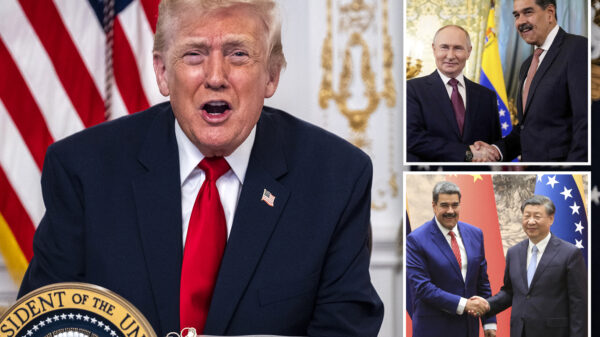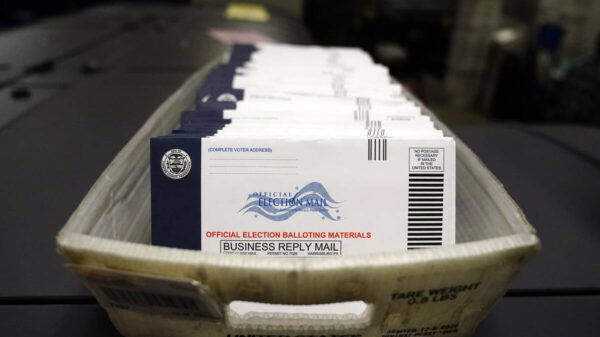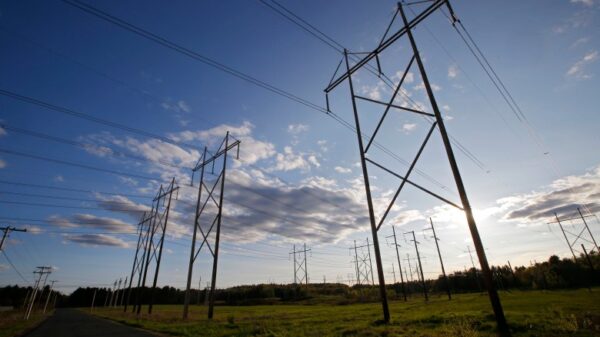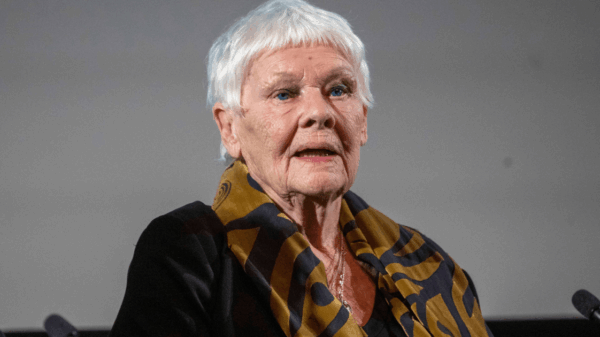In a remarkable showcase of talent, six scientists based in the United States were awarded Nobel Prizes within just three days. Each of these laureates has ties to American public universities, with five affiliated with institutions in California, underscoring the critical role these universities play in fostering scientific innovation.
Donald Trump, the former President of the United States, has launched a campaign against both public and private universities, which he argues fail to uphold free speech and control student behavior. While some of his concerns may resonate, his approach has predominantly involved threatening budget cuts and funding reductions that could severely impact academic institutions. Trump has framed this initiative as a means of “saving” taxpayer money, claiming, “We will cut funding by X$ and thereby save Y$.”
Among the recent Nobel laureates are immunologists Mary Brunkow and Fred Ramsdell, who shared the Nobel Prize in medicine alongside Shimon Sakaguchi. Brunkow attended the University of Washington and Princeton, while Ramsdell completed both his undergraduate and doctoral studies at the University of California, first at San Diego and later at Los Angeles. Sakaguchi is currently a faculty member at Osaka University in Japan.
In the realm of physics, three scientists—one British, one French, and one American—were recognized with a Nobel Prize for their work on “macroscopic quantum mechanical tunneling and energy quantization in an electric circuit.” Notably, the American recipient, John Martinis, earned all his degrees at the University of California, Berkeley. Additionally, Omar Yaghi, who received the Nobel Prize in Chemistry, is a professor at Berkeley and has roots in Jordan, where he was born.
The achievements of these scientists highlight the importance of American higher education institutions, which are vital for the country’s global standing and economic strength. If California were an independent nation, it would boast the world’s fourth-largest economy, largely due to its robust public university system.
Despite this, Trump’s administration has threatened significant federal funding cuts, potentially affecting around $584 million in grants to the University of California, Los Angeles (UCLA) alone. This is in addition to a proposed $1 billion reduction linked to campus unrest. As a response, California lawmakers are considering introducing a $23 billion bond measure on the 2026 ballot. If approved, this measure would enable the state to replace lost federal funding with its own, allowing for grants and loans to local universities and research institutions.
The proposed shift in funding could fundamentally alter the landscape of scientific research in California. Should state funding replace federal grants, universities in other states might find themselves cut off from vital resources. Other regions are also voicing similar concerns, with Washington and Oregon forming a coalition to evaluate scientific data and make recommendations on vaccines. An eastern coalition is emerging with similar aims, albeit with likely less financial backing.
The impact of Trump’s policies on universities extends beyond California. His administration’s approach to federal funding has raised alarms among educators and researchers nationwide. At least 24 campuses within the University of California and California State University systems have already lost training grants from the National Institutes of Health (NIH), the largest funder of medical research globally.
Trump’s appointment of Bobby Kennedy Jr. as head of the NIH has further complicated matters. Kennedy’s controversial stance on vaccines has drawn criticism from numerous quarters, leading to concerns about the direction of medical research funding under his leadership.
As the landscape of American higher education faces significant challenges, it is crucial to recognize the value that universities bring to society. The political climate has stirred unease among many of the nation’s most brilliant minds, who feel constrained by policies that do not reflect the importance of academic freedom and scientific inquiry.
The ongoing developments in funding for universities will be closely monitored, as they hold profound implications not only for the scientific community but also for the broader American economy and society.







































































